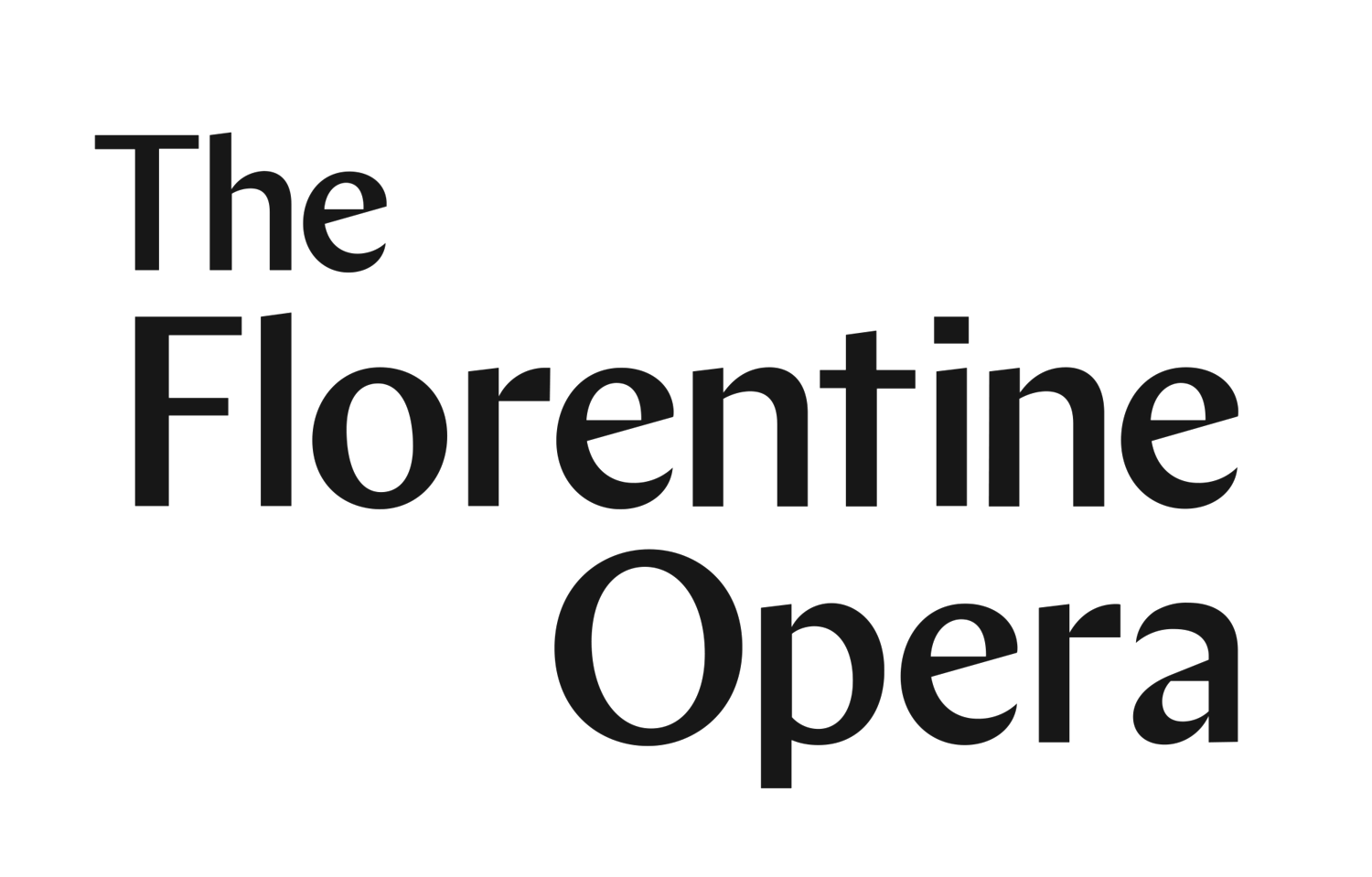Rusalka, Quarantined
Need to Know
Rusalka, written in 1900, is the ninth of Antonin Dvořák’s ten operas. The composer called the opera a “lyric fairy-tale in three acts” and it is the most successful opera from the Czech Republic.
Dvořák studied and used the folk music and dance rhythms of his native country, what is now the Czech Republic, and elevated them into 19th century romantic music.
The name Rusalka literally means “water nymph” or “mermaid” in Czech. The opera’s librettist Jaroslav Kvapil was inspired by both Friedrich de la Motte-Fouqué’s Undine and Han Christian Andersen’s The Little Mermaid. He wanted to make a Czech version of the story of doomed love between a water nymph and a mortal man.
Brahms was a major influence on Dvořák’s career. Many of his first works were overlooked until Brahms showed interest in the promising young composer. Dvořák is best known for his symphonic works and his most famous works, including the New World Symphony, were composed in America.
Some Fun Facts about Dvořák
He came from a humble background. Unlike other composers of the time, Dvořák didn’t come from a music dynasty family, his father was an innkeeper and a butcher.
He loved trains! He would write about his many trips and would ask students about the details of their travels as well. He often started his day walking above the main tunnel in which trains would come into Prague.
He was a devote family man, he and his wife Anna had nine children (only six survived early years) and he didn’t like being away from them for too long of period.
He suffered from agoraphobia and didn’t like going outside on his own.
Sing to the Moon
One of the standout moments in Rusalka is the title characters aria “Měsíčku na nebi hlubokém", Song to the Moon, where she sings to the moon, asking it to reveal her love to the Prince. Some of the greatest sopranos of all time have sung this beautiful aria, here are links to a few of them: Fleming, Netrebko, Van Stade, Matshikiza, Popp, Nylund,
A Toast to Rusalka
Rusalka sings to the moon and we honor her with this pre-opera cocktail, “Moon Dance”, watch John mix it here.
Ingredients: 2 oz Bourbon, 1/2 oz Cocchi Americano, 1/2 oz Dry Vermouth, 1/4 oz Green Chartreuse, 1/4 oz Maraschino Liqueur, 1 dash of Orange Bitters, Orange peel for garnish. Directions: Add all the ingredients to a mixing vessel with ice and stir until chilled. Strain into a chilled coupe glass and garnish with an orange peel. Enjoy!
Synopsis
Plot in a minute:
If you know the story of The Little Mermaid or Undine, then you already know the plot to Rusalka… Ok not quite the same, but the three tales share many similar plot points.
Rusalka, a water nymph, falls in love with a Prince, a human, and asks for help from her father, Vodnik the Water Sprite. When he refuses, she turns to a witch named Ježibaba for help. In return for becoming human, Rusalka must give up her voice and if she cannot make the Prince love her, she must return to the water and a curse will be placed on him…
Spoilers, the opera doesn’t end happily ever after like the latest Disney version of the story.
Full Synopsis
Here is the full synopsis from the Met.
Stream the Opera
Here is a 1996 production from the National Theatre Opera Prague
